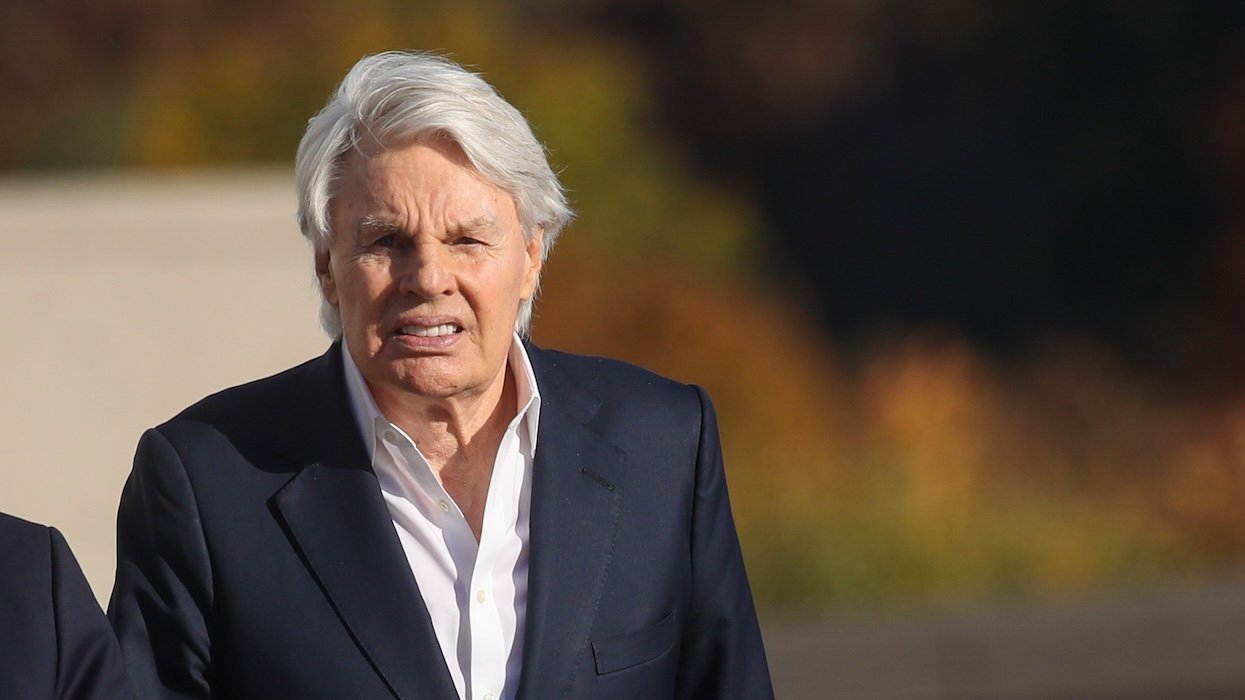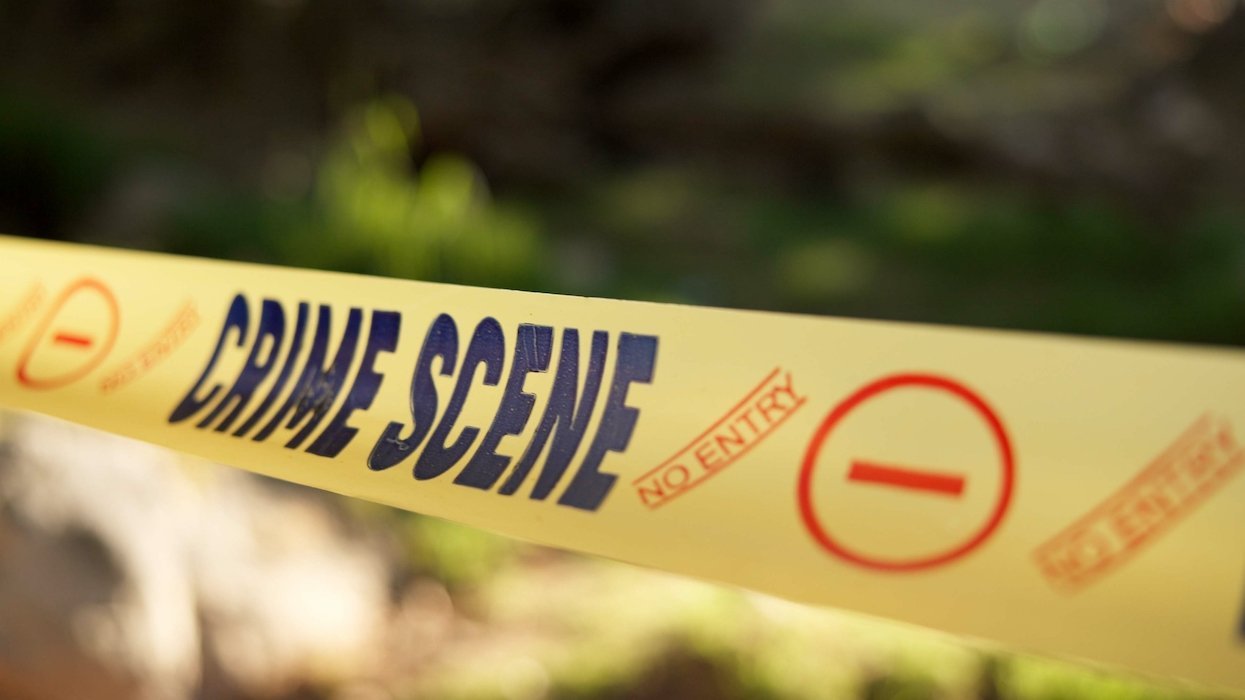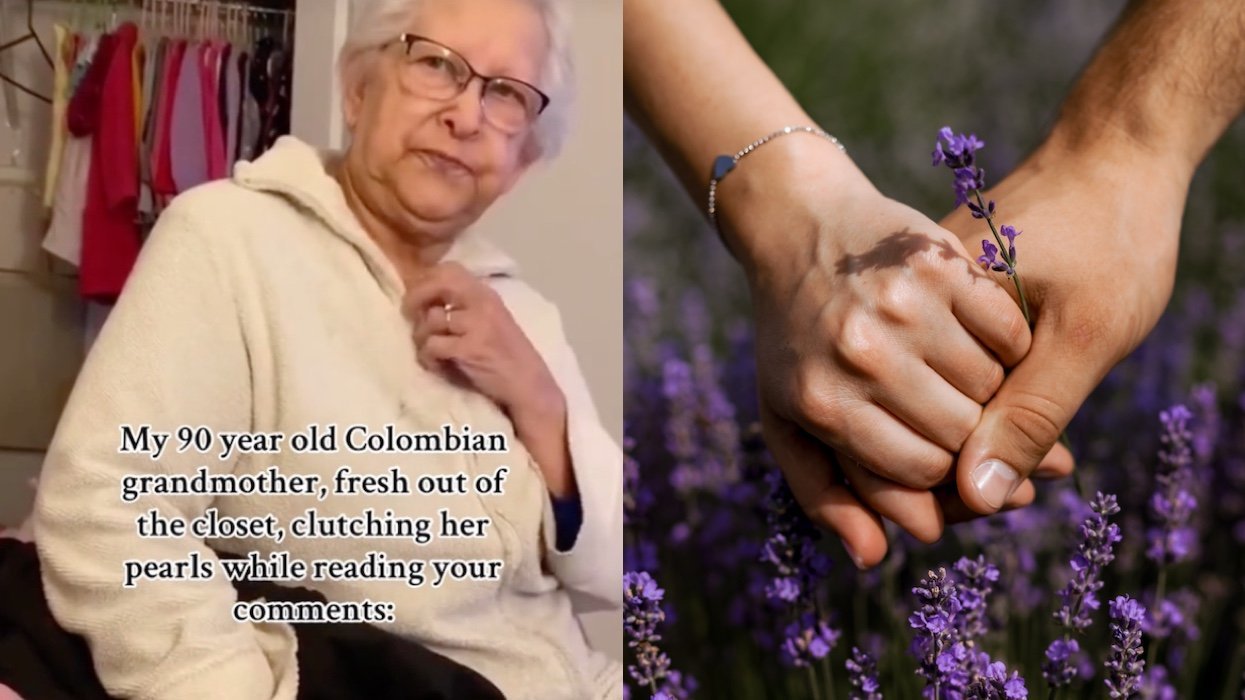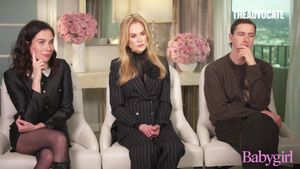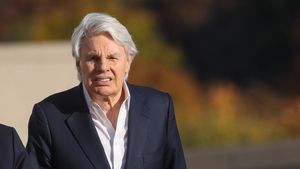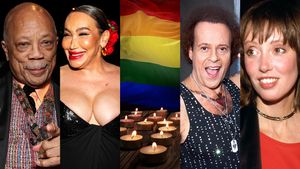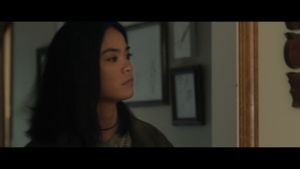On March 2, the U.S. Supreme Court will hear oral argument in Whole Woman's Health v. Cole, the legal challenge to Texas House Bill 2 that severely restricts a woman's constitutional right to end a pregnancy. This will be the first time the Supreme Court takes up the issue of abortion in more than 20 years and will be only the third abortion case that the high court has heard in its entire history.
Setting aside the debate over abortion, the reality is that the state of Texas is restricting access to health care for the most vulnerable. Texas is home to the poorest counties in the country, according to Census data released this past December. I know that firsthand because I grew up in one of them, Hidalgo County, where 33.5 percent of the population lives in poverty.
The Census data also reveals that the poorest counties are concentrated along the Texas-Mexico border and the counties with the least share of poverty are located near larger cities. The state of Texas is also nearly 800 miles long. When I was a kid growing up in the Lower Rio Grande Valley of South Texas in the little town of McAllen, we used to joke that we could never get out because it would take over 12 hours to drive into a neighboring state.
Two years ago, when Texas first enacted HB 2, I wrote in The Huffington Post that the abortion issue is one that should be urgent to the LGBT community. The law requires that abortion clinic doctors have admitting privileges at a hospital no more than 30 miles away, and sets clinic standards that are similar to those of surgical centers. The state of Texas justifies these restrictions as necessary to protect women's health. The problem is that these restrictions are so stringent that they have forced many clinics to shut down completely, including several concentrated in remote impoverished areas such as South Texas. What this means in practical terms is that accessing health care, not just abortions but other preventative care that these clinics offer women, is impossible for poor women.
According to the Center for Reproductive Rights, in 2013 before HB 2 was enacted, Texas had 42 abortion clinics. After the law went into effect, the state was left with only 19 and that number could fall to nine if the law is allowed to stand. Whole Women's Health, the abortion clinic that is the lead plaintiff in the U.S. Supreme Court challenge, argues that the Texas's justifications for the restrictions are not supported by genuine health concerns. And medical experts who have filed friend of the court briefs agree.
When a woman cannot access health care, including abortion, or is denied care because she cannot pay for it, it does not matter whether she is lesbian, straight, queer, blue, or red. The politically motivated funding cuts happening in Texas affect all women, regardless of sexual orientation.
The reality is that abortion is broader than a "women's" issue and should not be as controversial as politicians would frame it. This is why NCLR's friend of the court brief in the Whole Women's Health case focuses on the Texas law as an assault on the basic constitutional rights of vulnerable populations.
The brief points out that, just as bogus and pretextual reasons have been cited to deny the LGBT community basic rights, such as the right to marry, adopt. and engage in certain professions, the state of Texas's assault on access to reproductive health care should be carefully scrutinized. We should expect and demand nothing less.
 ARCELIA HURTADO is NCLR's immigration policy advisor.
ARCELIA HURTADO is NCLR's immigration policy advisor.
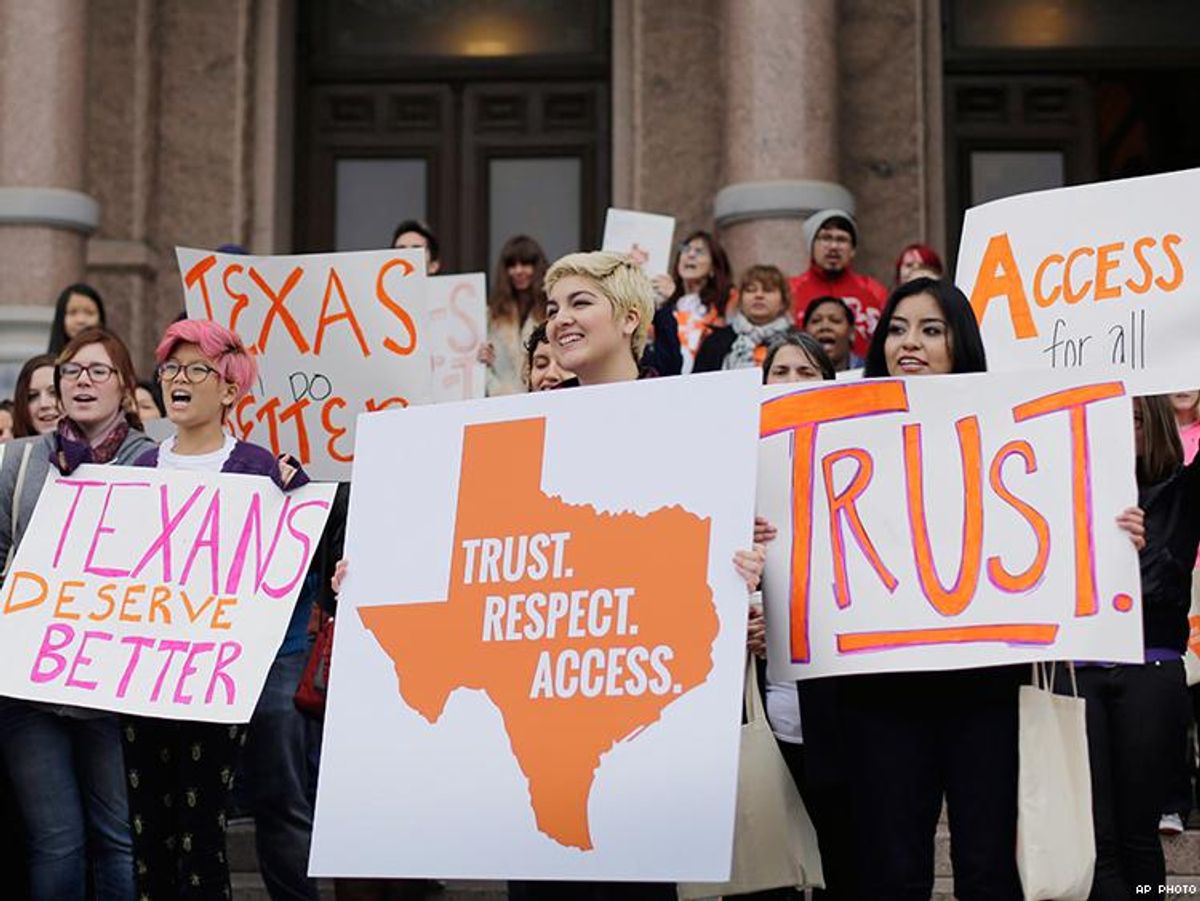

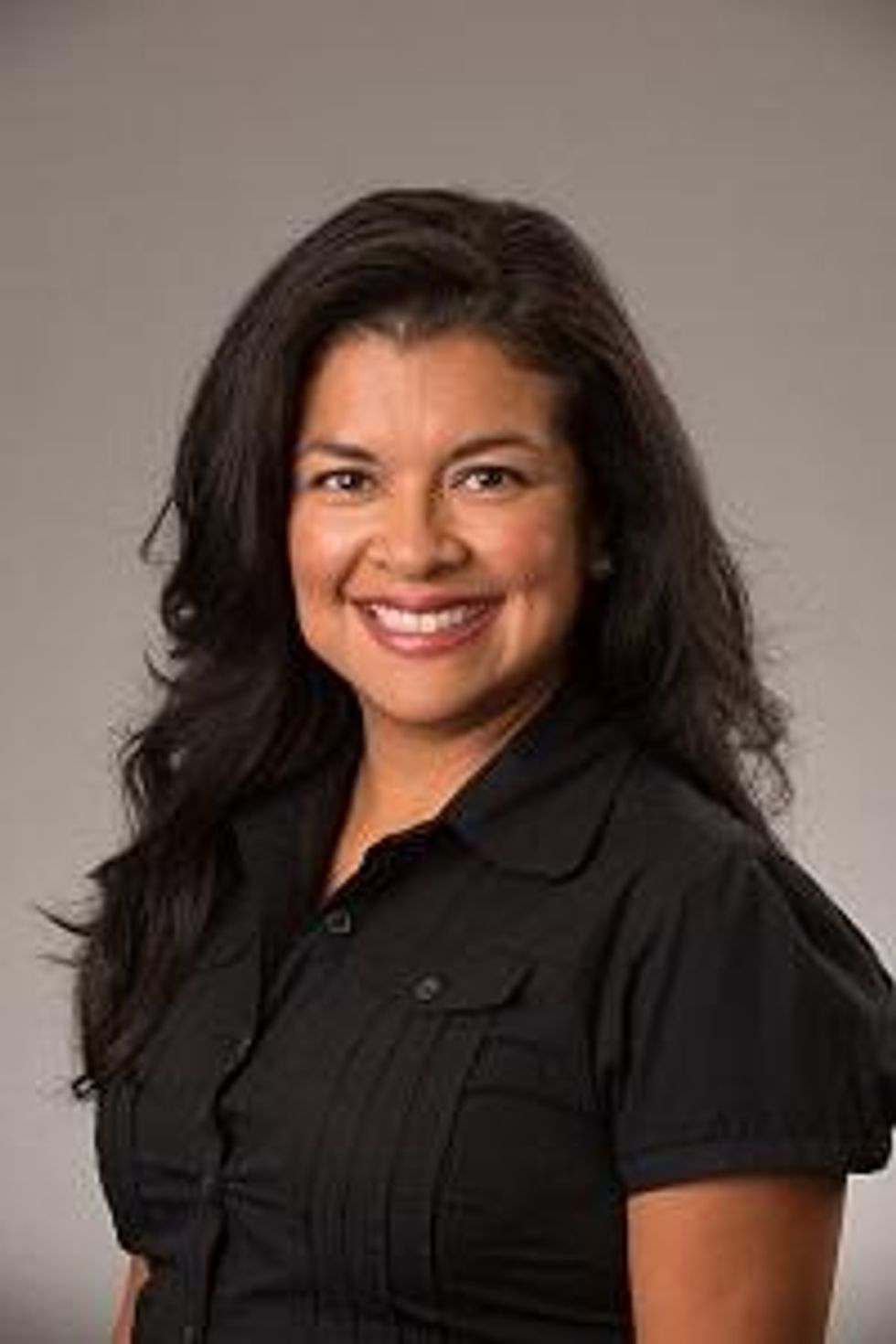 ARCELIA HURTADO is NCLR's immigration policy advisor.
ARCELIA HURTADO is NCLR's immigration policy advisor.


















